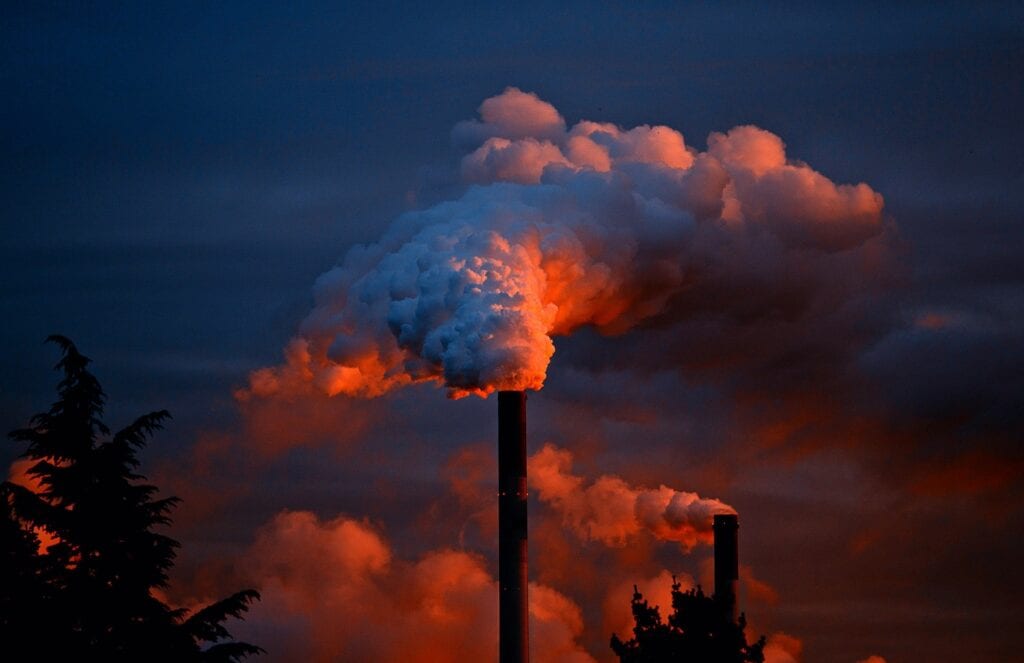Earth Day 2020: 50 Years of Progress Are Threatened by an Administration Turning Back the Clock on Environmental Protections
By Dr. Elizabeth Southerland, a member of the Environmental Protection Network, served in the Environmental Protection Agency (EPA) from 1984 to 2017. She was the director of the Office of Science and Technology in EPA’s Office of Water from 2012-2017.
This article was originally published in The Guardian.

On the first Earth Day in 1970, millions of Americans took to the streets to demand clean air, water and land, and advocate for a healthier and more sustainable environment. By the end of the year, the US Environmental Protection Agency (EPA) was founded.
Within 10 years, Congress had passed many of the major environmental laws that protect us to this day. The EPA and other agencies worked to improve the quality of our air and water; clean up contaminated land; curb toxic chemicals; and reduce the greenhouse gas emissions that contribute to climate change.
April 22 was the 50th anniversary of Earth Day. We are at another historic juncture. The world faces environmental and public health challenges that earlier celebrators of Earth Day would have found difficult to imagine.
Over the past four years, the Trump administration has reversed or rolled back many policies that protected Americans’ health and environment. Under this administration, the EPA has been transformed from an agency of environmental protection to an accommodating servant of special interests.
The Trump EPA has repealed or weakened almost 100 environmental regulations, even when affected industries have not objected to the rules. The number and speed of these repeals puts us in uncharted territory. Critical public health and worker protections are being rolled back solely to maximize corporate profits.
We cannot allow 50 years of hard-won environmental progress to be reversed in just four years.
These rollbacks and efforts to weaken the rules will have real-life, measurable impacts, including increased illnesses and premature deaths. The repeal of air quality rules has increased air pollution, causing more respiratory illnesses and heart disease and accelerating the effects of climate change.
The rollback of water quality rules has endangered drinking water, fisheries and recreational waters that support the health and economies of communities throughout the country. The failure to adequately fund cleanups at Superfund sites has left communities with contaminated land, fenced off from any beneficial use for years as remediation is delayed.
Invariably, the worst impacts on health fall on low-income people and communities of color, who are often immediately downstream and downwind of deregulated industries.
By August 2017, it was clear that EPA leadership had little regard for the expertise and historical knowledge of its career employees. That’s when I made the decision to publicly protest against the Trump administration when resigning from the agency after 33 years of service.
I was gratified to find common voice with many of my former EPA colleagues through the newly created Environmental Protection Network (EPN); within three years, the EPN has grown into a national network of more than 500 EPA alumni who volunteer their time, expertise and experience to push back against this administration’s efforts to undermine public health and environmental protections.
EPN has documented some of the most serious public health and environmental impacts of the regulatory rollbacks and proposed budget cuts of the past four years in a Trump Environmental Record. Among the most egregious are this administration’s decisions to:
- Replace the Obama Clean Power Plan, which limited harmful emissions from power plants, with a rule that is projected to significantly increase exposure to fine particles and ozone in the air. More people, especially those living in frontline communities, will have heart attacks; suffer from asthma, bronchitis and other respiratory diseases; and miss days of work and school because of illness.
- Replace the Obama Clean Water Rule with a rule that removes federal water quality protections from a significant portion of the country’s streams and wetlands. The new rule will reduce flood control and impair drinking water, fisheries, and recreational use of waters in communities throughout the US. Many streams and wetlands, no longer protected, will be lost forever when filled or drained for economic development.
- Set a drinking water standard for the toxic chemical perchlorate at an indefensibly high level in order to eliminate the need for regulation. Perchlorate disrupts the normal function of the thyroid in children and adults and causes development problems in fetuses.
- Roll back successful clean car regulations and fuel economy standards, which reduced greenhouse gas (GHG) emissions, improved air quality and increased fuel economy. The rollback is projected to increase GHG emissions by 1.5bn metric tons through 2040, contributing to the destructive impacts of climate change, and resulting in 18,500 more premature deaths by 2050.
- Propose the “censored science” rule that would prohibit EPA from using public health studies to set air and water quality standards unless participants waive their rights to privacy. This action would effectively eliminate agency use of key health studies that underlie clean air and water regulations, undermining current standards and hampering development of future standards.
President Trump often brags that he is boosting the economy through deregulation. But cutting costs for corporations is shortsighted at best. Deregulation translates into more pollution of our air, land and water, and allows climate change to go unchecked. It comes with a huge price tag: increased health costs; lost work days as more people get sick; and devastating wildfires, floods and prolonged droughts caused by a warming planet.
Actions by the Trump administration over the past four years have set us back. But we will not let this administration obliterate 50 years of environmental and public health progress. We owe that to the generation that will celebrate the 100th anniversary of Earth Day in 2070.
